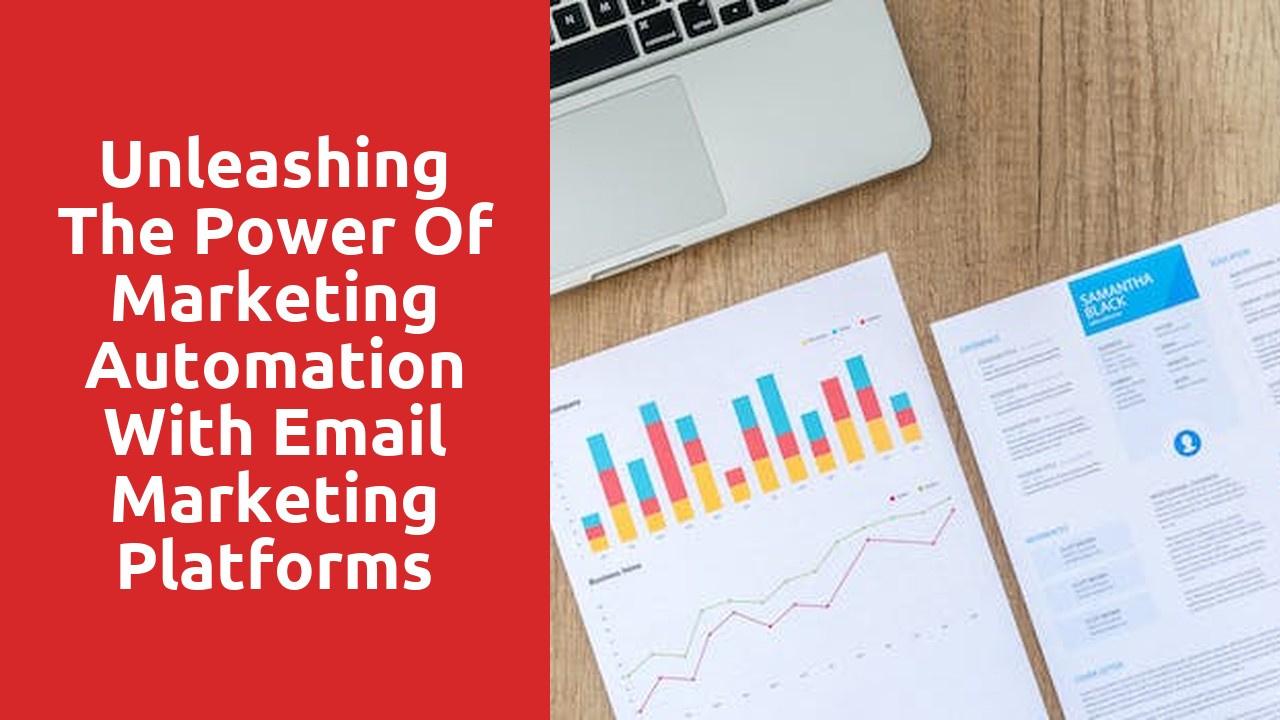Understanding the Importance of Content Optimization
In today’s digital age, where online visibility and engagement are key aspects for businesses, content optimization plays a crucial role. It involves making strategic improvements to your website’s content in order to increase its visibility on search engine results pages (SERPs) and attract more organic traffic.
Content optimization involves various techniques, such as keyword research, on-page optimization, and link building. By conducting thorough keyword research, you can identify the terms and phrases that your target audience is using to search for information related to your industry. Incorporating these keywords intelligently and naturally throughout your content can significantly improve your website’s ranking on SERPs, making it more likely to be found by potential customers. Additionally, on-page optimization elements like meta tags, headings, and image Alt tags help search engines understand the context and relevance of your content, further enhancing your website’s visibility. By strategically building high-quality inbound links, you can also improve your website’s authority, credibility, and overall search engine ranking.
In summary, content optimization is a vital aspect of online marketing that businesses cannot afford to overlook. By investing time and effort into optimizing your website’s content, you can significantly boost its visibility, attract more targeted traffic, and ultimately drive meaningful conversions. So, ensure that your content is optimized effectively to stay ahead of the competition in today’s digital landscape.
Targeting the Right Keywords for Maximum Impact
When it comes to maximizing the impact of your online content, targeting the right keywords is key. Keywords are the phrases that people use when searching for information on search engines like Google. By incorporating these keywords into your content, you increase the likelihood of your website appearing in search engine results and attracting relevant traffic. However, selecting the right keywords requires careful research and analysis to ensure that you are targeting phrases that are both relevant to your content and have a high search volume. This article will explore some strategies for effectively targeting keywords for maximum impact, helping your content to rank higher in search engine results and reach a wider audience.
The first step in targeting the right keywords is to understand your audience and their search behavior. What are the phrases that your target audience is using when searching for information related to your industry or topic? By putting yourself in their shoes, you can identify the keywords and phrases that are most likely to lead them to your content. Additionally, it’s essential to consider the search volume of these keywords. Higher search volume keywords indicate a higher potential for traffic, but they also come with more competition. Therefore, striking a balance between relevance and search volume is crucial to effectively target keywords for maximum impact.
Crafting Engaging Headlines to Capture Attention
In today’s fast-paced digital world, capturing attention is more challenging than ever. With an endless stream of articles, blog posts, and social media updates competing for readers’ eyes, it is crucial to craft engaging headlines that stand out and entice readers to click. A well-crafted headline can make all the difference between a piece of content being ignored or going viral, so it’s essential to get it right.
To create an engaging headline, there are a few key strategies to keep in mind. Firstly, be concise and clear. Readers have limited attention spans, so it’s important to convey the main message of your content in as few words as possible. Secondly, use powerful and evocative language. Choose words that evoke curiosity, excitement, or even a touch of controversy. Finally, tailor your headline to your target audience. Think about what would captivate their interest and make them want to know more. By following these simple guidelines, you can craft headlines that not only capture attention but also drive readers to click and engage with your content.
Optimizing Meta Tags for Improved Search Ranking
Meta tags play a crucial role in enhancing search ranking and visibility for websites. These tags provide search engines with valuable information about the content and purpose of a webpage. By optimizing meta tags, website owners can ensure that their pages rank higher in search results, attracting more organic traffic.
To optimize meta tags, the first step is to determine the most relevant keywords for the webpage’s content. These keywords should be reflective of the page’s main topic and should align with popular search queries. Once the keywords are identified, they should be strategically placed in the meta title, meta description, and meta keywords tag. The meta title should be concise and include the primary keyword, while the meta description should provide a brief, compelling summary of the page’s content. Additionally, avoiding keyword stuffing and employing unique meta tags for each page can further improve search ranking. By implementing these optimization techniques, websites can increase their visibility and improve their chances of attracting organic traffic.
Utilizing Internal and External Linking Strategies
When it comes to optimizing your website for search engines, one of the key strategies to consider is utilizing both internal and external linking. Internal linking refers to linking different pages within your own website, while external linking refers to linking to other reputable websites. By implementing these linking strategies effectively, you can improve your website’s visibility and authority, ultimately driving more organic traffic.
Internal linking plays a crucial role in improving your website’s structure and user experience. When you link relevant pages within your website, you enable users to navigate through your content easily, enhancing their overall browsing experience. Additionally, internal linking helps search engine crawlers understand the relationship between different pages on your website, ensuring that all your valuable content gets indexed and ranked appropriately. On the other hand, external linking allows you to establish connections with other trusted websites, which not only enhances your website’s credibility but also improves your chances of receiving external backlinks, further boosting your search engine rankings.
Enhancing User Experience with Structured Data Markup
Structured data markup plays a crucial role in enhancing user experience on websites. By implementing structured data markup, website owners can provide search engines with additional information about their content, enabling them to display rich snippets in search results. These rich snippets include valuable details such as ratings, reviews, event dates, and even recipe cooking times. As a result, users are more likely to click on these informative snippets, as they provide a quick preview of what the webpage offers. This not only increases the visibility of the website but also improves the overall user experience by helping them find relevant and accurate information with ease.
In addition to improving search engine visibility, structured data markup also enhances user experience directly on the search engine results page (SERP). When rich snippets are displayed, users get a better understanding of the webpage’s content before even visiting it. For example, if a user is looking for a recipe, they may find a rich snippet that displays the cooking time, ingredients, and user ratings. With this detailed information, users can make an informed decision on which result to click on, saving them time and effort in finding the desired recipe. Ultimately, structured data markup empowers website owners to provide users with a more seamless and informative browsing experience while enabling search engines to better understand and showcase their content.














